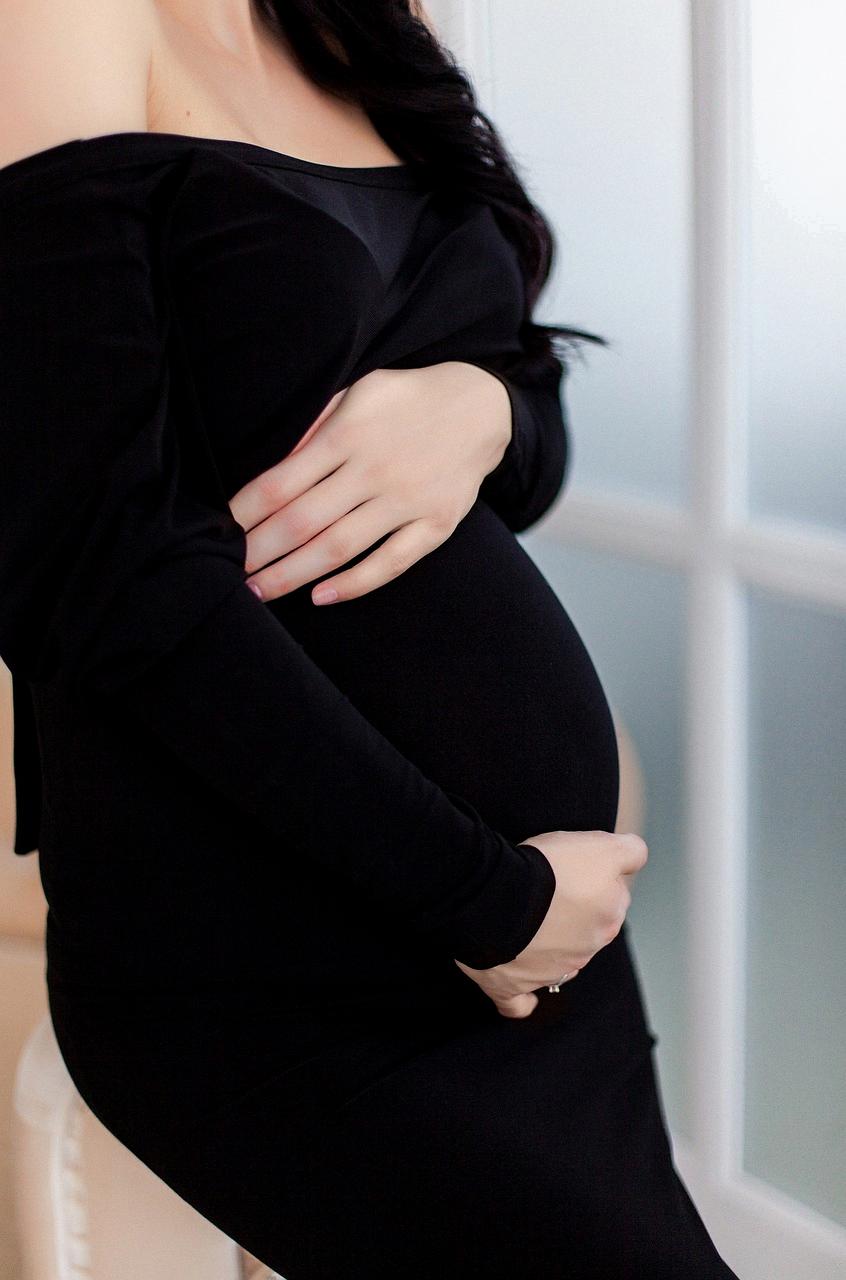When it comes to looking pregnant at just 1 week into your pregnancy, it’s important to understand the early stages of development. At this early stage, the fertilized egg has not even implanted itself into the uterus yet. The first week is counted from the first day of your last menstrual period, so you technically aren’t even pregnant during this time.
Understanding the Changes
While you may not look pregnant at 1 week, your body is already starting to gear up for the journey ahead. Hormonal changes are occurring, preparing the uterus for implantation. However, these changes are internal and not visible from the outside.
The Reality at 1 Week
Physically, at 1 week pregnant, there won’t be any visible indications of pregnancy. It’s simply too early in the process for any external signs to manifest. Your body is in the process of getting ready for the development that will occur in the coming weeks.
Potential Symptoms
While you may not look pregnant, you might begin to experience early pregnancy symptoms such as fatigue, breast tenderness, and slight nausea. These symptoms are more related to the hormonal changes happening internally than any visible physical changes.
The Role of Implantation
After fertilization, the egg travels down the fallopian tube and implants itself into the uterine lining, which typically occurs around week 4. It is after this crucial stage that you may start to see some early signs of pregnancy.
Waiting for the Bump
It’s important to manage expectations and understand that the baby bump most people associate with pregnancy usually becomes visible around the end of the first trimester or the beginning of the second trimester. Patience is key as your body goes through the miraculous process of creating a new life.
The Importance of Prenatal Care
Regardless of whether you can physically see any changes at 1 week pregnant, it’s crucial to start taking care of yourself and the growing life inside you. This includes maintaining a healthy diet, avoiding harmful substances, and scheduling prenatal appointments.
Support and Understanding
It’s common for expectant mothers to feel anxious or eager for physical signs of pregnancy. Remember that every woman’s body is unique, and the timing of when you start showing can vary. Be kind to yourself and seek support from loved ones.
Embracing the Journey
Pregnancy is a remarkable time filled with changes, both physical and emotional. While you may not look pregnant at 1 week, cherish the early stages of this journey. Your body is doing incredible things to nurture and grow a new life.
Enjoying the Present
Instead of focusing solely on the physical aspect of pregnancy, take this time to bond with your baby in subtle ways. Talk to your little one, start planning for the future, and relish in the anticipation of what’s to come.
Looking Ahead
As you progress through your pregnancy, the changes in your body will become more evident. Each week brings new developments and milestones. Embrace the process, and remember that the journey of pregnancy is as much about the internal transformations as it is about the external ones.
Final Thoughts
In conclusion, looking pregnant at 1 week is unlikely due to the early stage of pregnancy and the lack of visible physical changes. While the journey to a noticeable baby bump takes time, the internal growth and preparation happening within your body are integral to the miraculous process of creating life.

